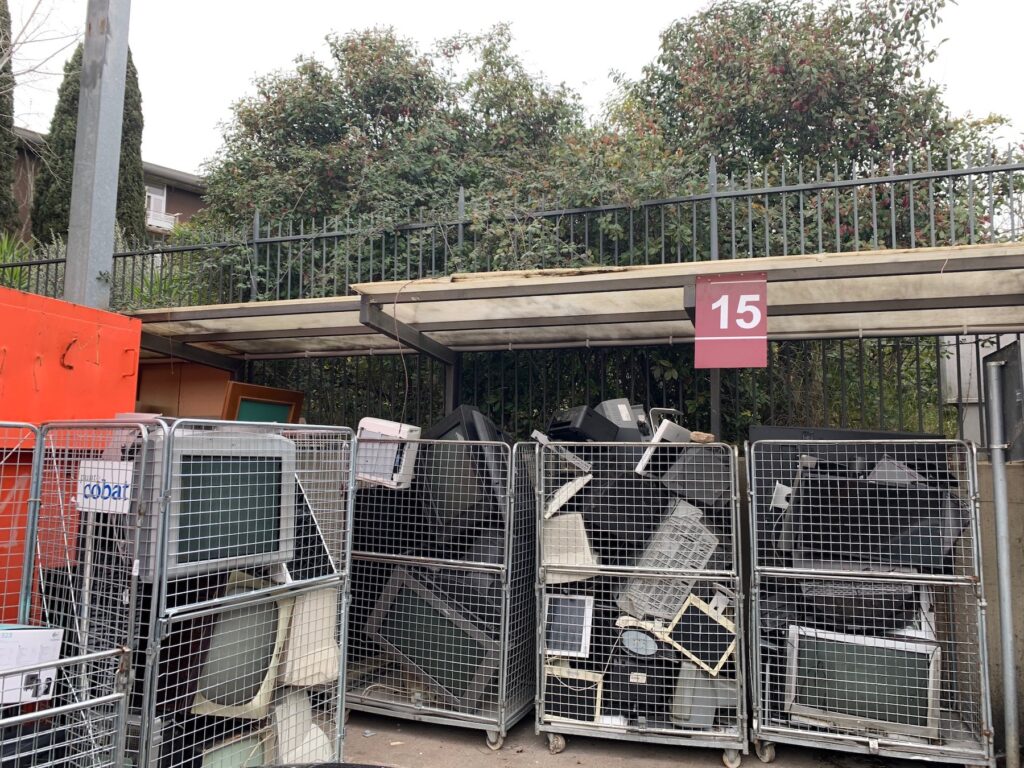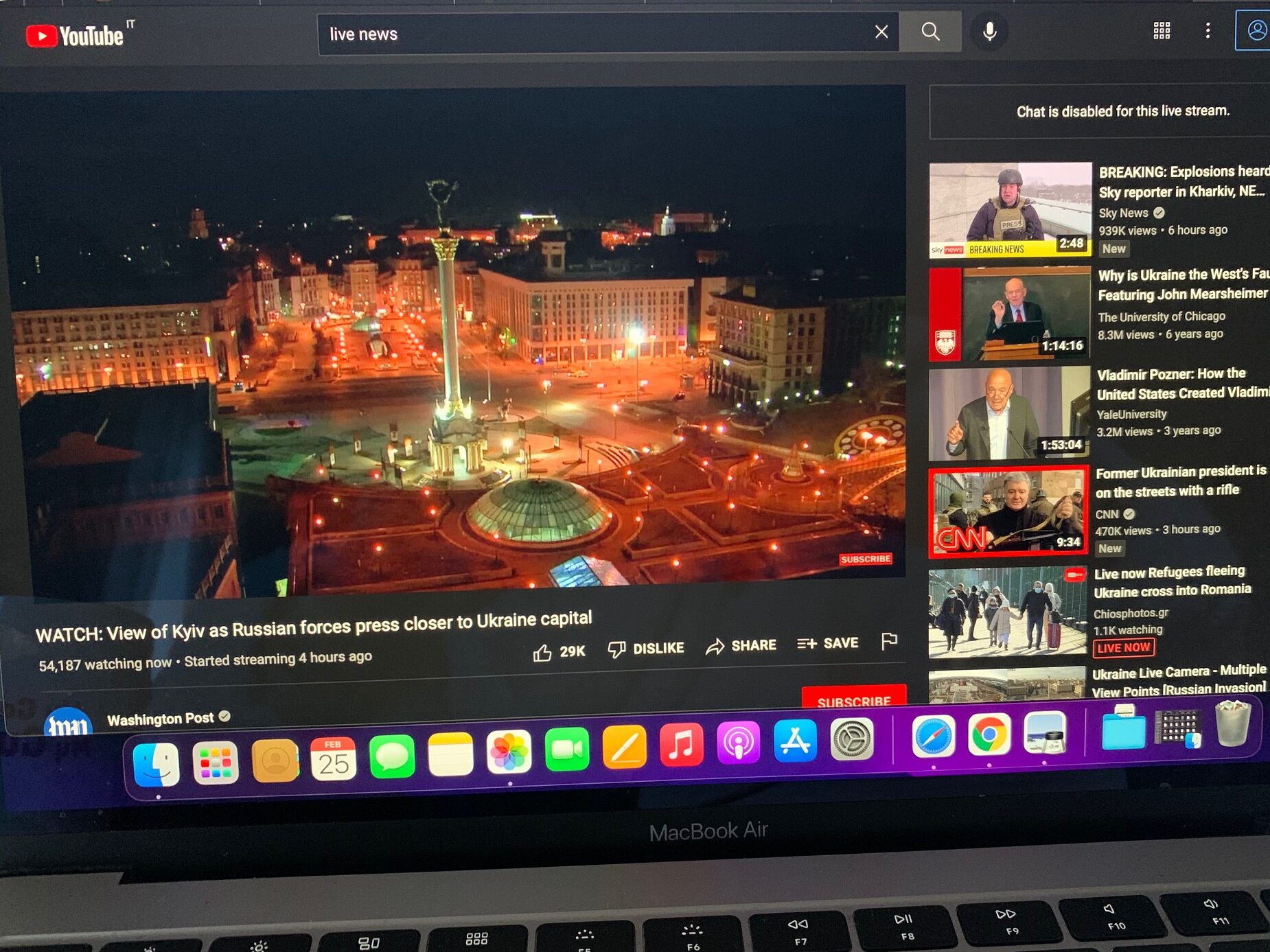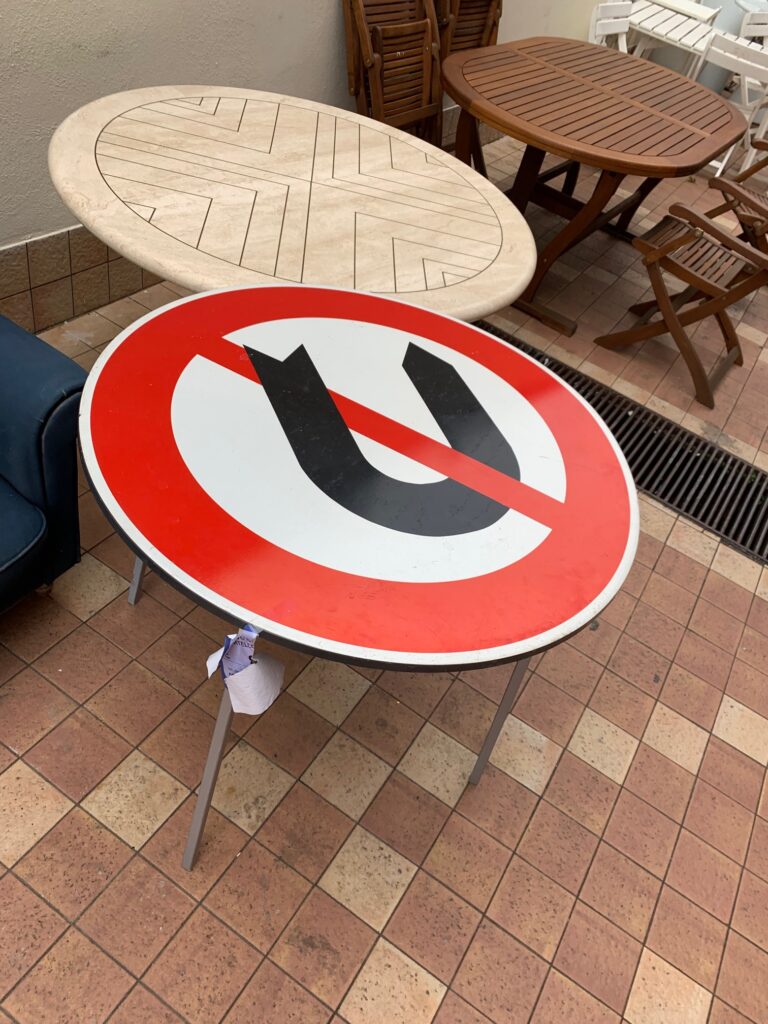
Our computer teacher at Mashpee Middle School was named Mr. Jordan. In the mid-80s, his class was a welcome reprieve from the monotony of what we collectively endured during Mr. James’s Industrial Arts class, where we had to endure weeks learning how to draw margins using only a pencil and a ruler. In Mr. Jordan’s class, we got to use programs like Oregon Trail or Operation Frog on Apple II Computers fed by floppy disks. If we got too rowdy, he’d call out “Folks!” before letting us know that we were winding down for the day.
At that moment in time, computers were exciting and full of possibilities. Unlike mastering the ability to find the half inch mark on a ruler and use it to draw perfect margins, this seemed like we were really diving into something life-changing. To a young brain, you could easily make yourself believe that mastering Cranston Manor would someday lead us all to place that would help make the planet a better place. And in many ways, this is true.

What I didn’t think about that time (and I have to believe this is because I was a kid), was how our nascent computing capability would develop and bring with it an unknown number of not-so-great technologies. I was thinking about this again in painful detail last week as I found a YouTube page offering a live feed of central Kyiv. As the sky grew dim and the city lights turned the main square orange, from time to time you could hear an air raid siren wail. Very few cars passed by, and it was hard to catch sign of any foot traffic. I could see that there were 50,000 other people tuned in as well, watching maybe just in case to see what might happen. Like this was some sort of reality show where you didn’t know when the plot twist might happen.
But of course, almost 40 years after my middle school days, technology has reached a point where we can know with greater confidence when these dramatic shifts are about to happen. We know because our computers are so much more robust than simply teaching us not to ford a high river in a Conestoga wagon. But even so, I now watch Independence Square with dread for what is about to happen and can only sit on my hands. For so many reasons, so many geo-political constraints. So many right and wrong and my god once again we are just watching this unfold again in the world.
I never spent much time wondering why we had a computer class but through the years I did wonder why my school offered an Industrial Arts class to such young children. I loved art in principle, but I also strongly disliked the fact that Mr. James made us take 20 minutes to draw margins with a pencil on a plain sheet of paper. How he would make us write out on the paper that “The half inch mark is exactly halfway between the end of the ruler and 1, 1 and 2, and so forth”. I think about this class even more so now. About how we are taught about margins, but then spend the rest of our lives learning how exactly we can try to operate beyond them.
“But seriously, so many glass houses,” was the observation made to me by a close friend about what has been going on in Ukraine. She didn’t need to expound any further because for decades we have lived much of the same shared experience in an international theater. We feel gutted, conflicted, overloaded by the variables alongside so many other emotions. And this is all nothing compared to those living this latest installment of existential nightmare. To complain that we feel sad is ridiculous.

Last week while flicking from news page to news page, I came across this article that was entitled, “What to say to kids when the news is scary”. I think about my younger self playing computer games in a classroom and imagine that I’d never want to tell her that one day the descendants of those Apple computers would one day make calculations that could send long range missiles into buildings. That the things we’d learn about in history class just a few doors down would only continue and be exacerbated by what those computers would become capable of doing. We don’t focus so much on the negative aspects when it comes to young minds. If we did, I think that most of us would have asked to stay under that massive parachute we played with in Mr. Velesig’s gym class.
I couldn’t watch the live news feed for very long. It felt too macabre as I toggled in between watching the world’s ballsiest comedian continue to tweet his resolution while his countrymen alone and unafraid told enemy naval combatants to go fuck themselves before they accepted death by bombing in lieu surrender. Thousands of miles away, with a front row seat to all of this thanks to my mobile Apple computer, I am able to watch this all unfold.

In all of my doomscrolling, I have not managed to find any article offering to tackle the question of “What to say to adults when the news is scary”. Ostensibly this is because such a competency should have been acquired before I was handed a high school diploma. That’s just another skill I learned you don’t master once you leave school and are certified a grown up…even if you spent a number of years believing that this would be the case.
I have lots of thoughts about what is going on, and of course I understand that history is long and complex. This isn’t new, and this won’t be a new again in the future, in yet another place on the planet. The days of margin drawing and being wowed by crude computer graphics feel almost like an idyllic vision of life. That time where we got to enjoy the concept of theory but were not yet introduced to the mind-boggling scribble that is real life application.

Intellectually I recognize that even before all of this technology came along, it was always hard to be an adult. Our brains are happiest when we can easily reconcile events, but the parameters of Mother Nature and mortality mean that this boundary is constantly being poked at and stressed to a negative effect. I have no idea what’s next from here but I know that I can’t help but continue to be present. Watching. As an adult who appreciates the principles of margins and harmless entertainment, it is impossible not to be preoccupied by the events of the world. Thinking about our place amidst it all and what it bodes for the future.